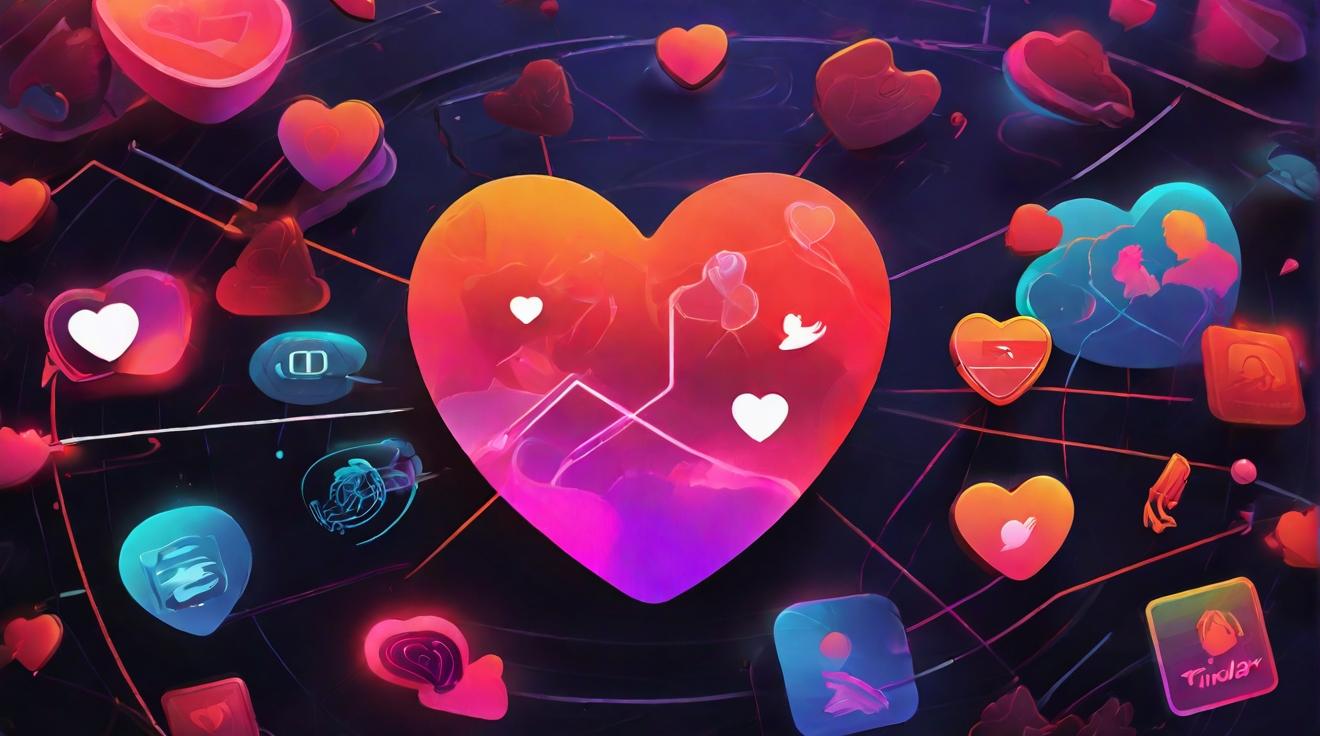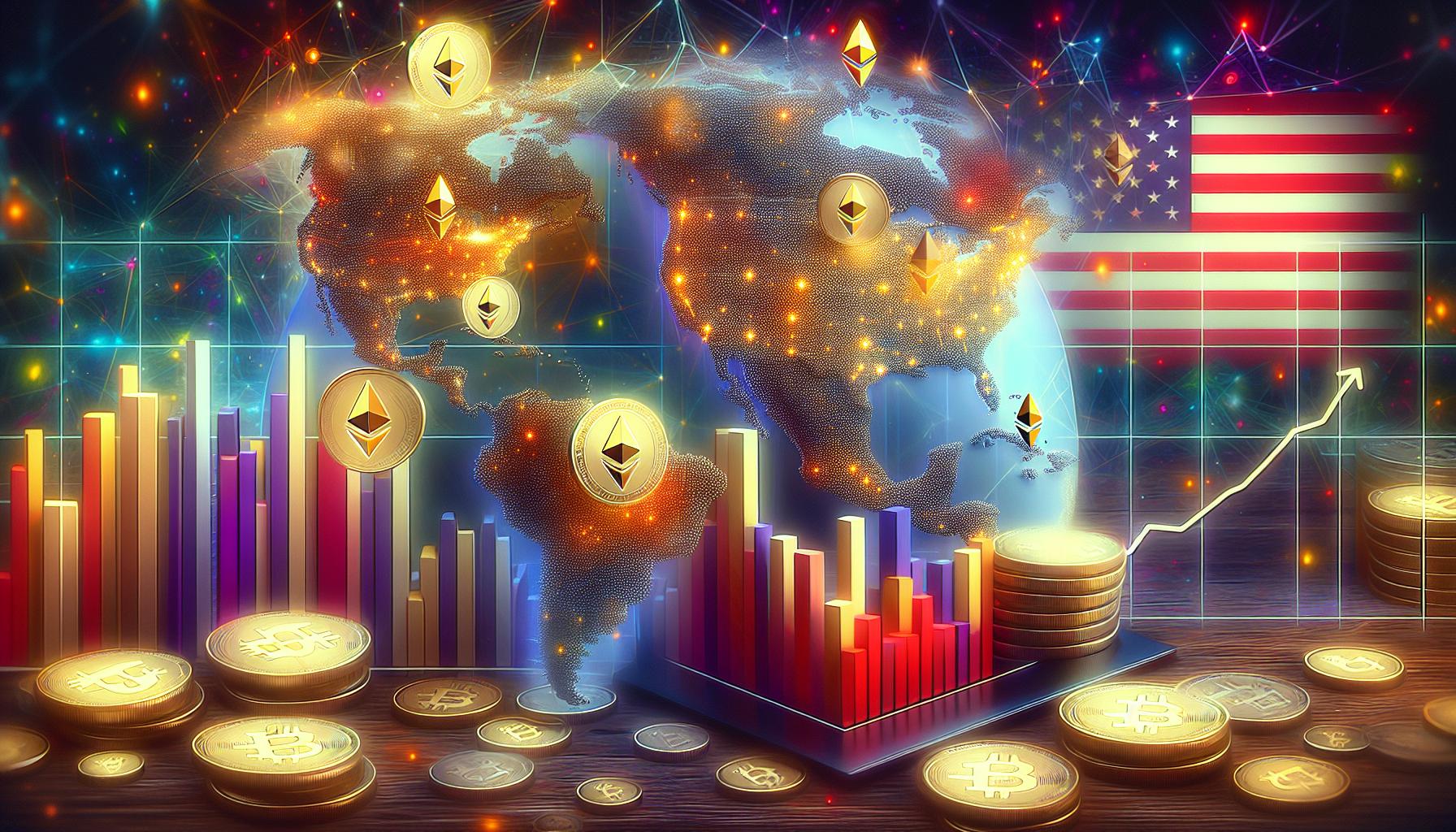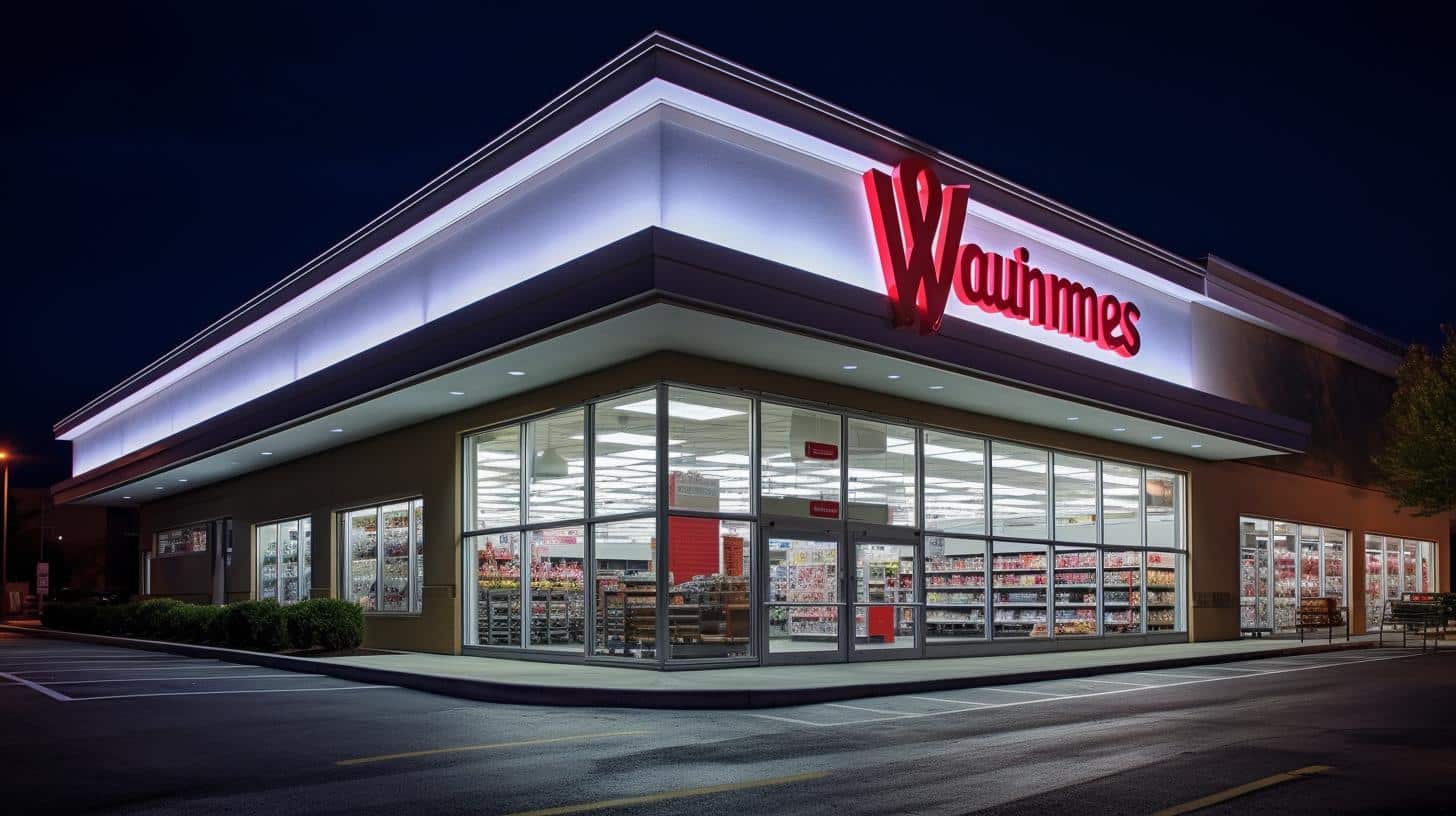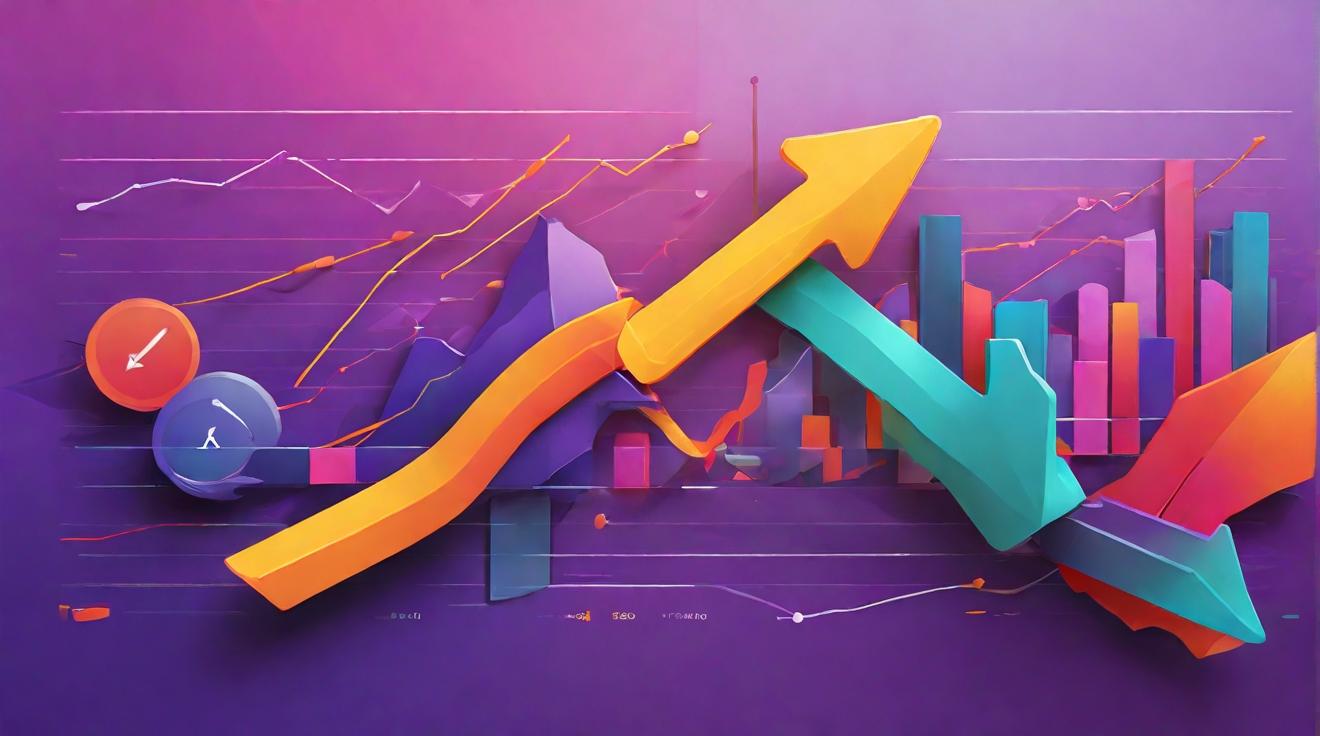Tinder's Popularity Declines as Dating App Market Evolves
In a revealing shift for online romance, Tinder, once the unparalleled leader in the dating app realm, is seeing a downturn in its dominance. Despite this, the search for virtual love continues to be a staple of modern digital life, indicating that the dating app era is far from over.
As per the latest findings from a 2023 Pew Research Center report, nearly half of online daters have swiped on Tinder at least once, making it the most frequented platform in its domain. However, the landscape is changing; annual downloads have plummeted by over a third since Tinder's 2014 heyday. Match Group, the powerhouse behind Tinder, reported a decline in paying users by 8% in the last year, dropping just below the 10-million mark.
Despite Tinder's waning figures, the dating app ecosystem, featuring key players like Bumble, Grindr, Hinge, and OkCupid, continues to thrive. The cumulative downloads for these apps are more than twice the total in 2012, the year Tinder made its debut. With the oldest cohort of Gen Z now entering the dating app scene, their preferences and habits seem to parallel those of the Millennials before them, showcasing a continuity in online dating behaviors across generations.
Navigating the Sea of Digital Romance
The maintained popularity of dating apps, despite a moderate dip in total downloads, underscores their integral role in American social life. In 2023 alone, over 36 million downloads were recorded, marking a slight 2% decrease from the previous year yet providing a clear sign of the evergreen appeal of digital dating platforms.
This continuous allure is notably prominent among younger demographics. With a staggering 53% of Americans under 30—including a substantial portion of Gen Z adults—reporting the use of dating apps, it's evident that the lure of online romance spans generational divides.
Tinder has consistently emerged as a top choice for American daters. However, rival Bumble is swiftly gaining ground, with projections suggesting it may surpass Tinder in downloads this year. Interestingly, other platforms like Hinge, along with Grindr and HER, are carving out significant niches, catering to diverse dating communities and preferences.
Adapting to Generational Shifts
Dating apps are actively recalibrating their strategies to resonate with Gen Z's dating ethos. Tinder's strategic pivot to short-term subscription plans targets the younger crowd's desire for less cumbersome, more flexible dating solutions. Simultaneously, Match Group has discerned a push towards authentic, low-pressure ways of forging connections among its younger users.
Bumble's insights further validate this trend, revealing a growing inclination towards "slow dating" as users—especially among Gen Z and Millennials—seek to safeguard their mental health in the dating process. This approach underlines a broader generational shift towards more meaningful, less frenetic modes of finding love online.
In conclusion, while Tinder may be witnessing a relative decline, the underlying quest for connection that propels the dating app market remains robust. This evolving landscape, shaped by the desires and demands of newer generations, suggests an enduring relevance for digital platforms in the realm of romance. As the industry continues to adapt and diversify, the narrative of online dating is far from reaching its final chapter.
Analyst comment
Positive news: The dating app market is evolving and thriving, with the popularity of dating apps remaining strong and the number of downloads slightly decreasing. Younger generations, including Gen Z, are actively using dating apps, showcasing a continuity in online dating behaviors across generations. Different platforms like Bumble, Hinge, Grindr, and HER are gaining prominence and catering to diverse dating communities and preferences.
As an analyst, the market is expected to continue growing as dating apps adapt and cater to the desires and demands of younger generations. There will be increased competition among platforms, with Bumble projected to surpass Tinder in downloads. Strategies like short-term subscription plans and a focus on authentic connections will resonate with Gen Z’s dating ethos. The industry will continue to adapt and diversify, ensuring the enduring relevance of digital platforms in the realm of romance.













